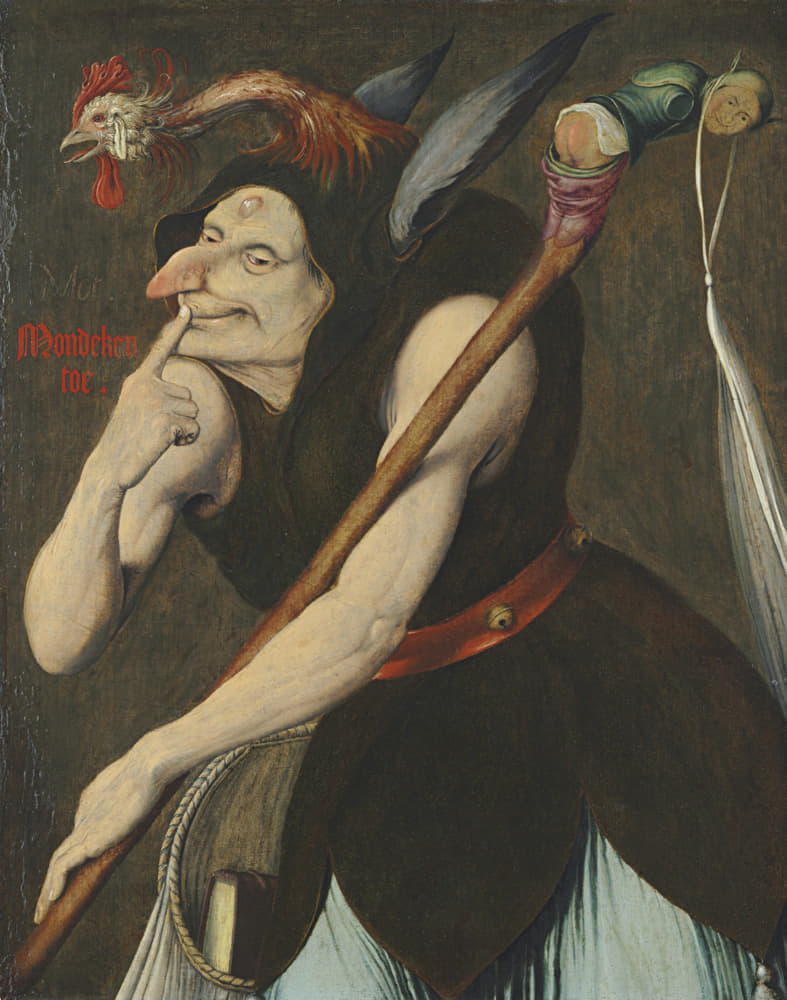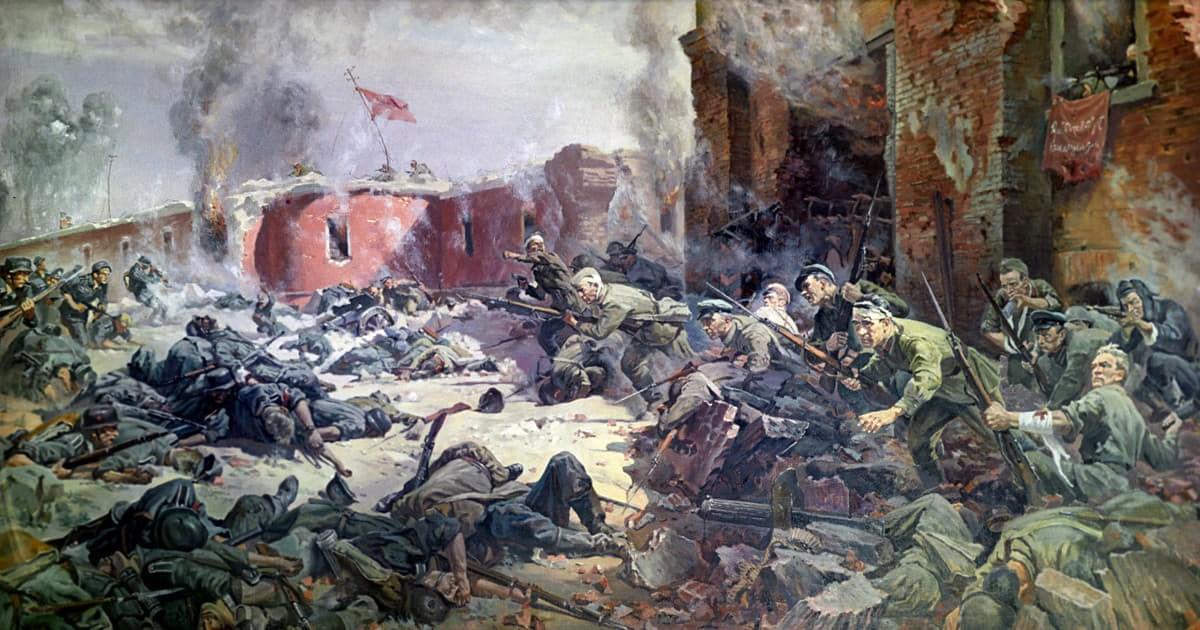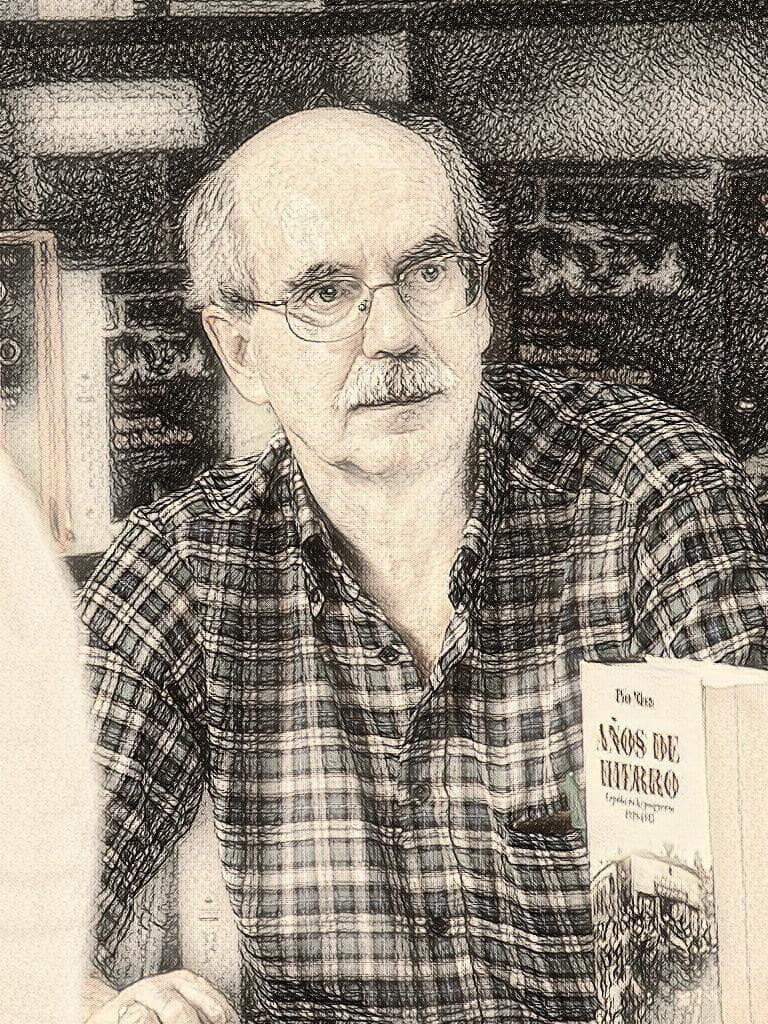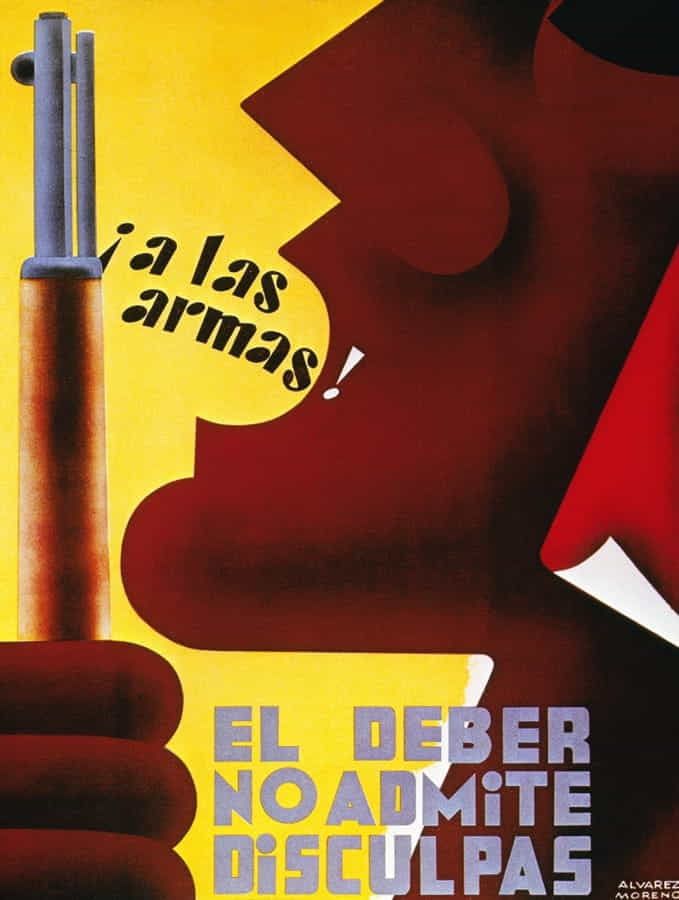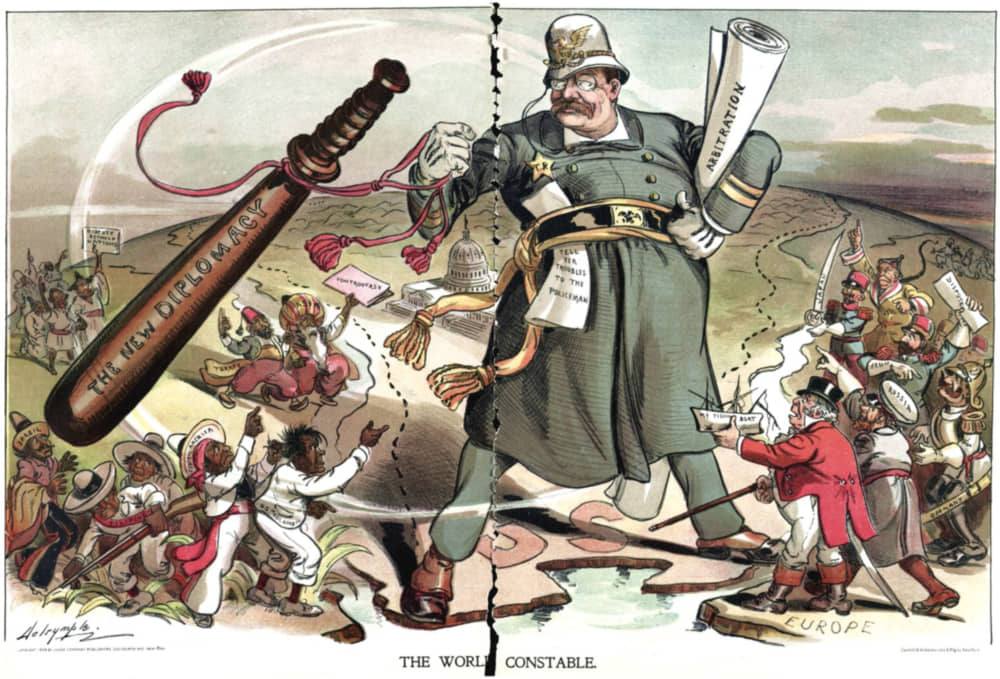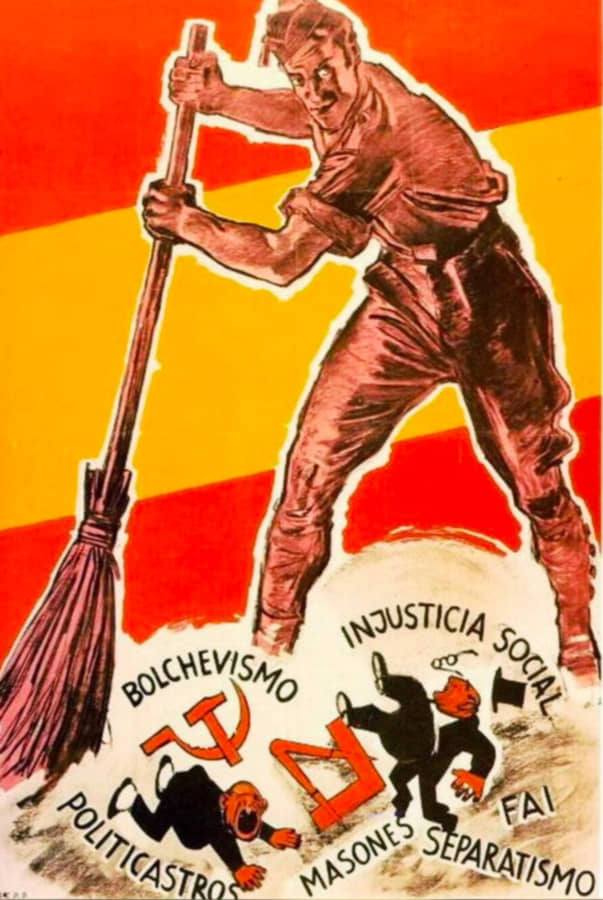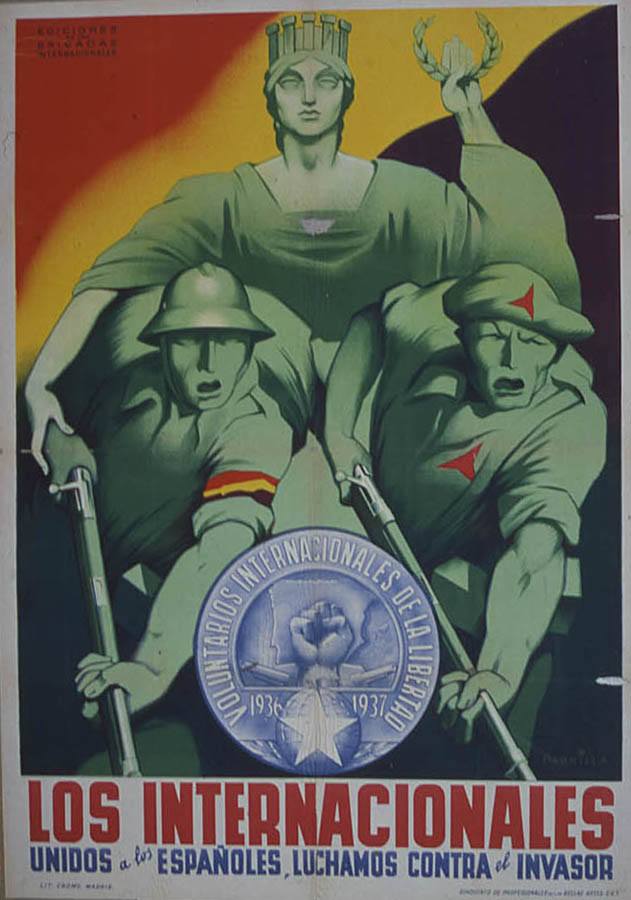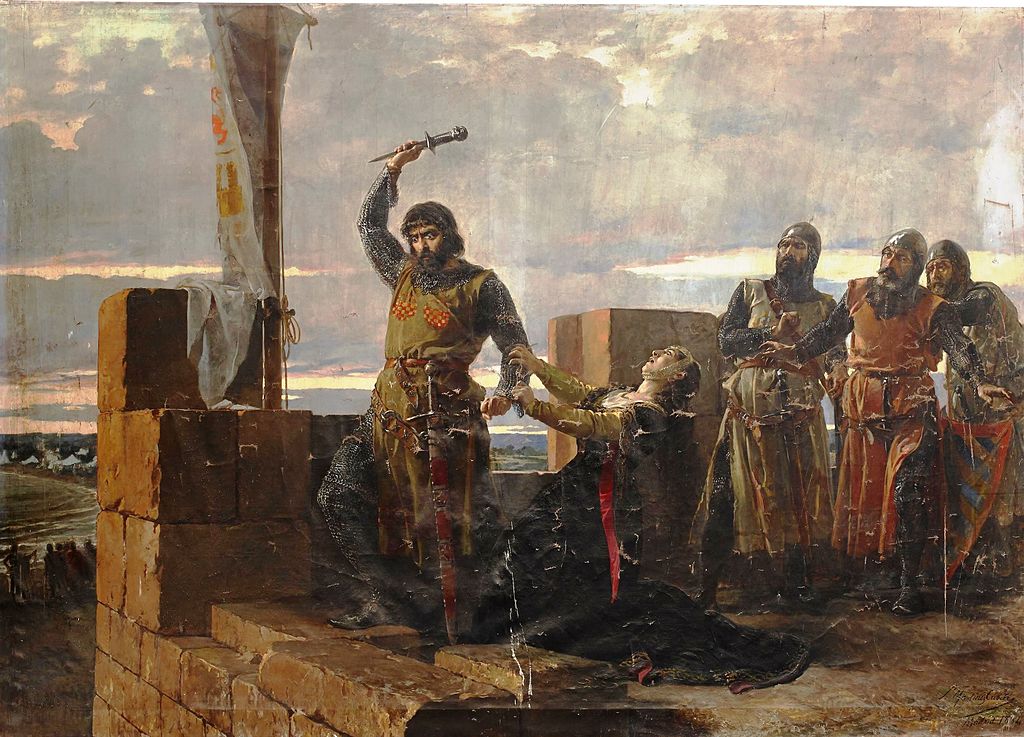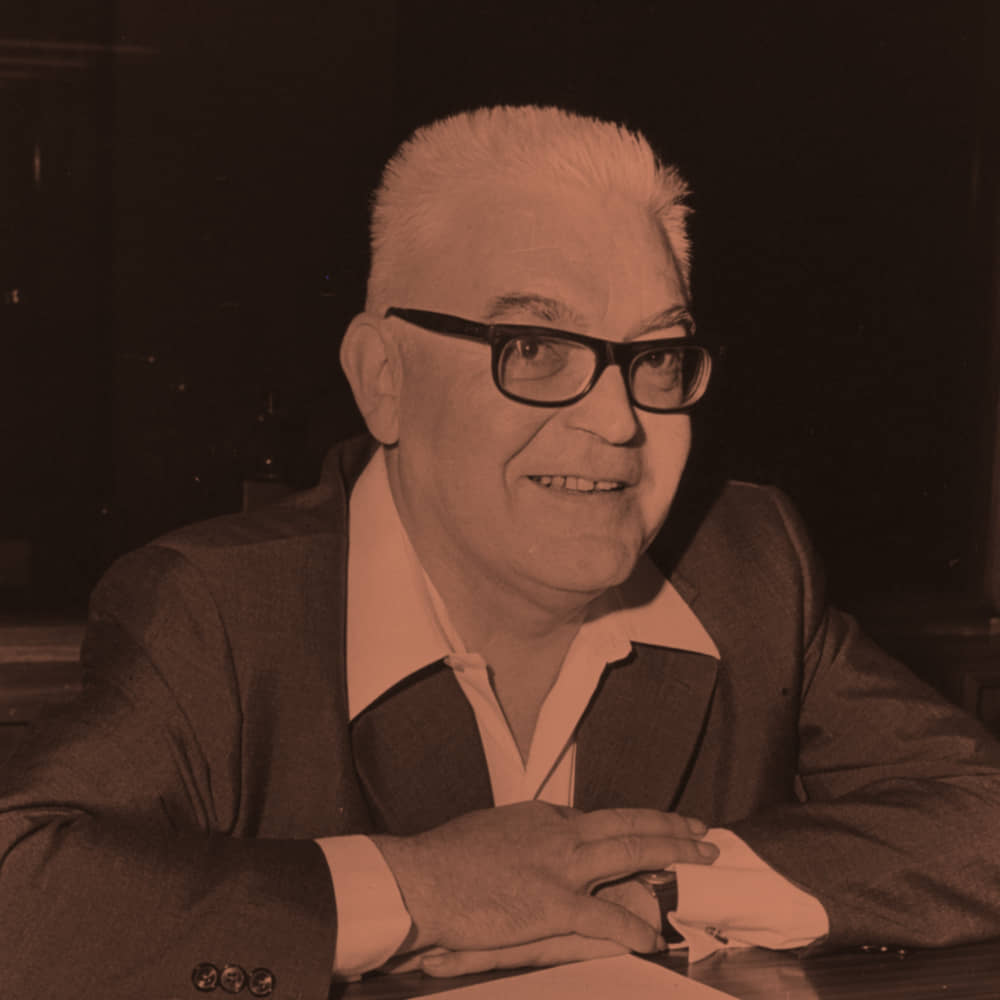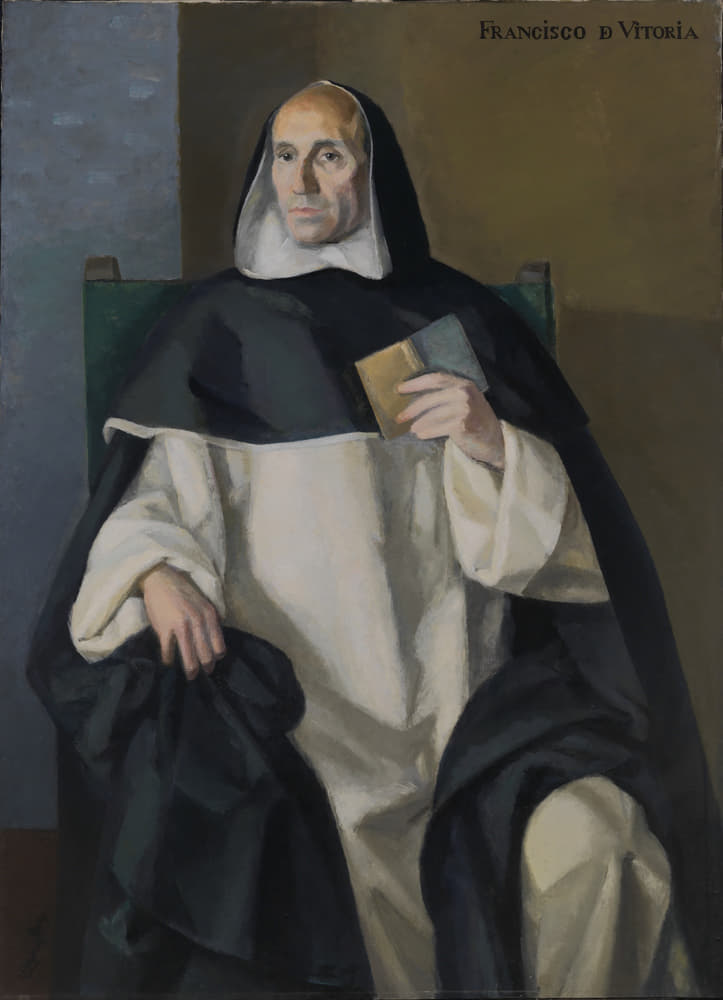
The School of Salamanca: Origins of Political Economy and International Law
At the beginning of the 16th century, Salamanca was a city of 20,000 to 24,000 inhabitants, with about 7,000 students (today there are 145,000, of whom 30,000 are students). Founded in 1243, the University of Salamanca is the third oldest university in Europe. In the Golden Age (1492-1681), Spain was the country with the largest … Read More
